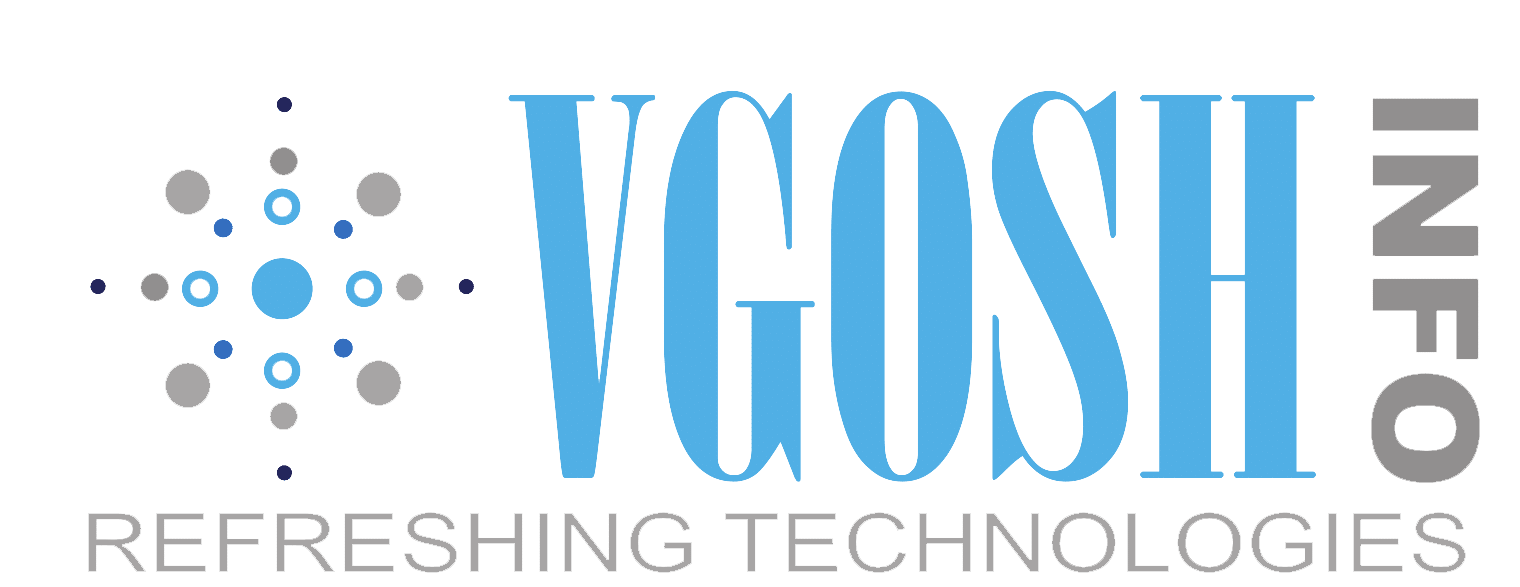Protecting User Data in Singapore: The Vital Role of In-App Security
In today’s data-driven world, user data is a valuable asset. Businesses collect, store, and process vast amounts of personal information, ranging from names and addresses to financial details and online behavior.
This data is essential for providing personalized services, improving user experiences, and driving innovation. However, with the proliferation of mobile devices and the growing reliance on apps, protecting user data has become increasingly challenging.
Singapore, as a global technology hub, recognizes the importance of data protection and has implemented stringent regulations to safeguard user privacy. The Personal Data Protection Act (PDPA) serves as the cornerstone of data protection in Singapore, setting out principles for the collection, use, and disclosure of personal data.
Singapore’s Data Protection Principles
The PDPA outlines seven key principles that organizations must adhere to when handling personal data:
1. Purpose Limitation: Personal data must be collected for a specific and lawful purpose and not further processed in a way incompatible with that purpose.
2. Data Minimization: Personal data collected must be adequate, relevant, and limited to what is necessary for the stated purpose.
3. Accuracy: Personal data must be accurate and, where necessary, kept up to date.
4. Non-Disclosure: Personal data must not be disclosed without the consent of the individual unless otherwise authorized by law.
5. Security: Appropriate security measures must be implemented to protect personal data from unauthorized access, use, disclosure, alteration, or destruction.
6. Openness: Organizations must be open about their data handling practices and provide individuals with access to their data.
7. Accountability: Organizations are accountable for complying with the principles of the PDPA.
In-App Security: A Vital Defense
With the increasing use of mobile apps, in-app security has become crucial for protecting user data. Apps handle sensitive information, including personal details, location data, and financial transactions. If an app is breached, this data can be compromised, leading to identity theft, financial losses, and reputational damage.
Essential In-App Security Measures
To safeguard user data in apps, developers and app providers must implement robust security measures, including:
- Data Encryption: Encrypt all sensitive user data, both at rest and in transit, to prevent unauthorized access.
- Access Control: Enforce strict access controls to limit who can access user data, both within the app and externally.
- Vulnerability Management: Regularly scan apps for vulnerabilities and promptly patch any identified weaknesses.
- Secure Communication Channels: Use secure communication protocols, such as HTTPS, for data transmission to prevent eavesdropping and data interception.
- Secure Storage: Store user data securely on devices and in cloud environments, using encryption and access control mechanisms.
- Regular Security Audits: Conduct regular security audits to identify potential vulnerabilities and ensure compliance with data protection regulations.
The Data Portability Obligation in Singapore
The PDPA also introduces the concept of data portability, empowering individuals to access and transfer their data from one organization to another. This right enables individuals to have greater control over their data and facilitates the switching between service providers.
Protecting User Data for a Secure Digital Future
Finally, The protection of user data is not merely a legal obligation; it is a fundamental responsibility of organizations that collect and process personal information. In-app security plays a critical role in safeguarding user data, and ensuring that sensitive information is protected from unauthorized access and misuse. By prioritizing data protection and implementing robust security measures, organizations can foster trust with their users, maintain a positive reputation, and contribute to a data-driven economy built on trust and security.





